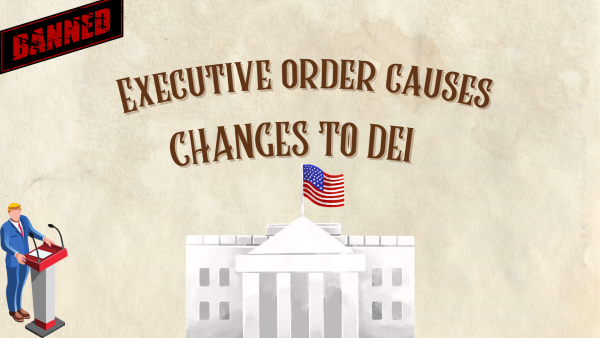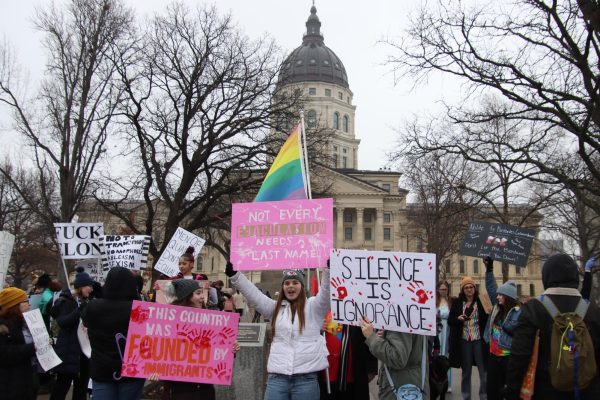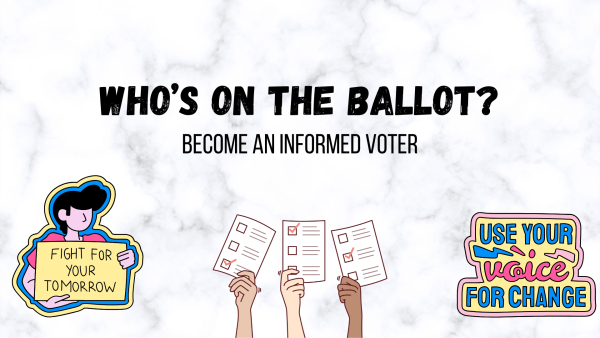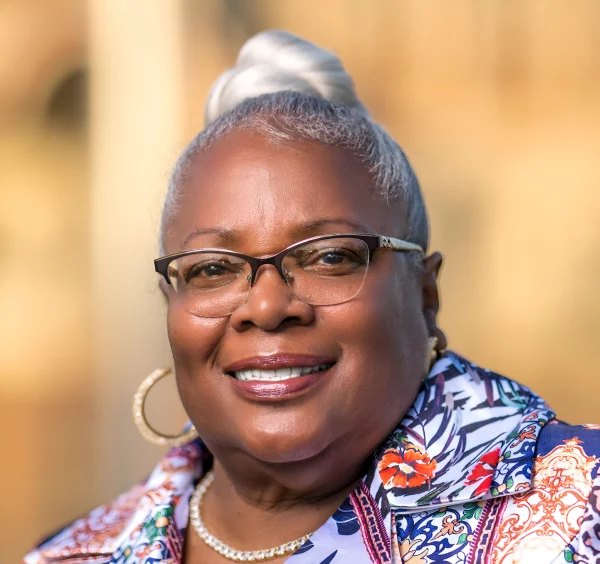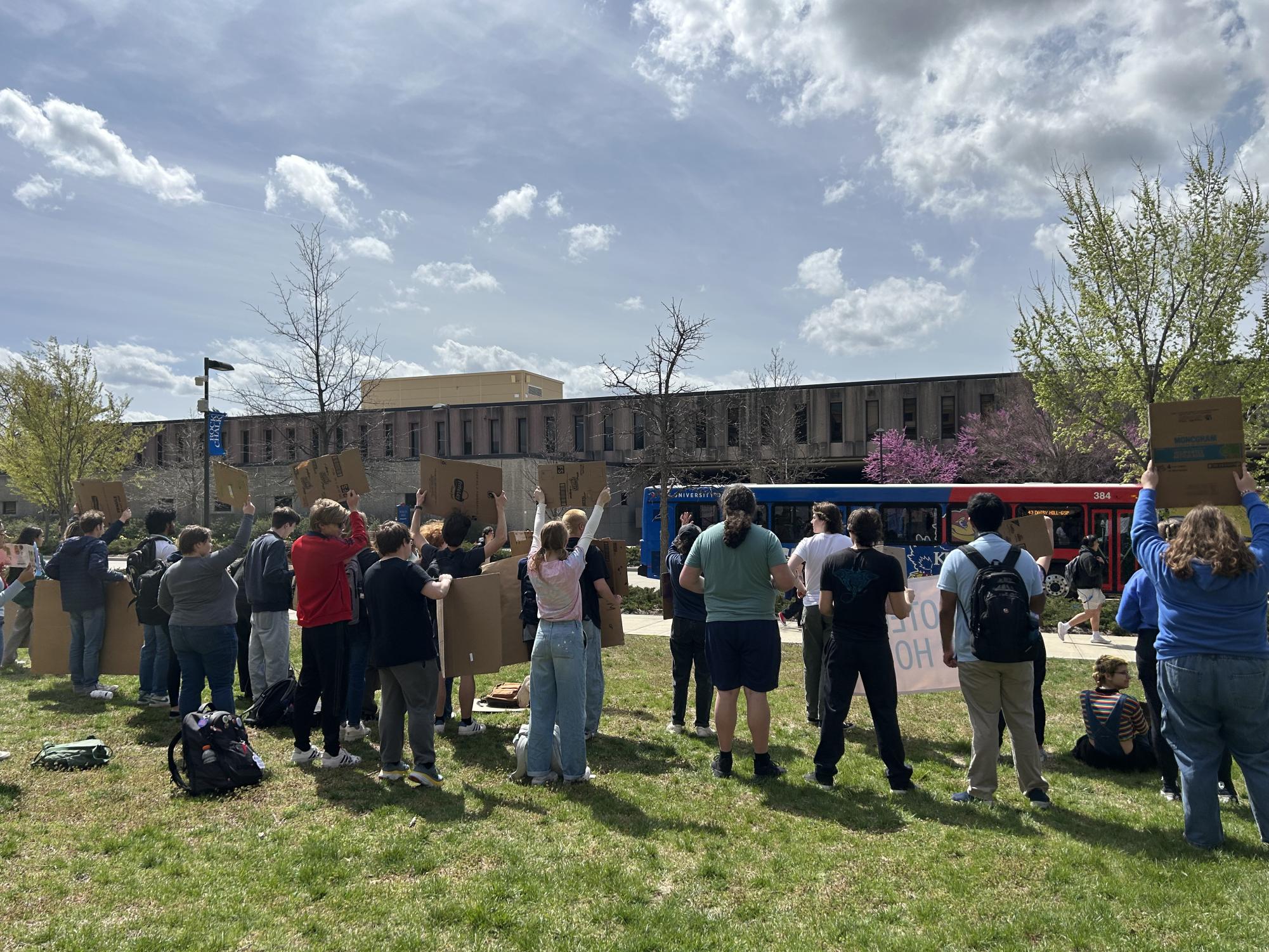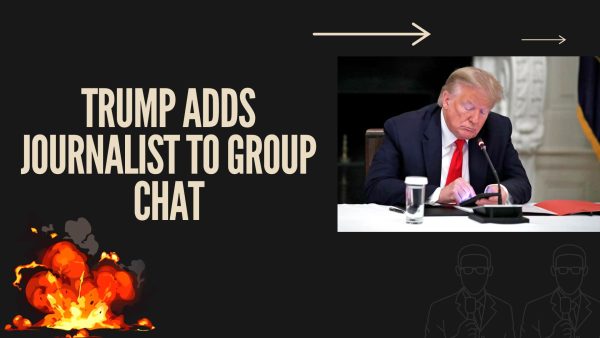The Open Internet
The first time the phrase, “net neutrality” entered the social sphere in a significant manner was 2014 when the open internet was at the peril of being open no more, and the public reacted vehemently.
The Federal Communications Commission’s (FCC) website was flooded by millions of public comments, which pushed the ruling towards regulation. Then, in June, Ajit Pai, the new chair of the FCC, revealed plans to roll back the regulation, which received massive backlash again. In December, in a 3-2 party-line vote, the FCC voted to go through with the rollback of net neutrality rules.
What followed was a barrage of think-pieces, explanations, and arguments regarding the consequences of this decision by the FCC. Most of them have focused on how small businesses are now liable to be subsumed by cable companies looking to monopolize the industry and how customers might have to pay more for certain services. However, a lot of them haven’t touched or have touched lightly the topic of how our right to the internet and, by extension, our right to freedom of speech is being jettisoned. Having open internet is a right, not a privilege, and that is why the rollback of the regulations can be much more damaging and can snowball into larger, graver issues.
By allowing for the creation of fast lanes and slow lanes, which cable companies may use to give preferential treatment to certain data or websites, the FCC has compromised the public’s right to the internet. The internet is a venue where people, no matter their disposition, can express their views. It is the great equalizer, giving every user an equal footing on which they can present avant-garde ideas. It is a place where these ideas thrive. And while the ethics of expression can be debated, as not everyone vocalizes their opinions responsibly, a more dangerous proposition would be the monopolization of information. Yes, people need to learn to use the internet in a more careful manner, one in which constructive discourse and healthy competition take place, but networking and cable giants should not be the ones overseeing that.
There is a real danger of cable giants stemming information to suit their ideologies. Add to that the fact that two-thirds of Americans live in areas with only one ISP, facilitating monopolization. So if Cox wanted to, they could prevent all its customers from looking up articles slandering them. This picking and choosing of information can be used to influence the people living in that area. The ISP’s have pledged not to do this, but history suggests otherwise. In 2007, Comcast blocked access to BitTorrent, its competitor. In 2012, AT&T blocked FaceTime, an Apple product competing with AT&T’s video-call services. There are plenty of examples of cable companies acting less-than-decently.
The point proponents of deregulation will tout is the unethical way tech giants like Google, Facebook, Amazon, and the like were running operations even with the presence of net neutrality. While that is true, it doesn’t further their argument for deregulation. Yes, tech giants have acted questionably in the past but that doesn’t give grounds for rolling back net neutrality rules. Again, there is a question of just how much regulation is too much regulation, but that can be turned on its head and be applied to deregulation.
The point here is, the existence of net neutrality does not solve all the social maladies that the internet brings, but the removal of net neutrality laws gives way for a great chance of the worsening of the problems. An argument for keeping net neutrality may never see the light of day.
Your donation will support the student journalists of Washburn University. Your contribution will allow us to purchase equipment and cover our annual website hosting costs.





